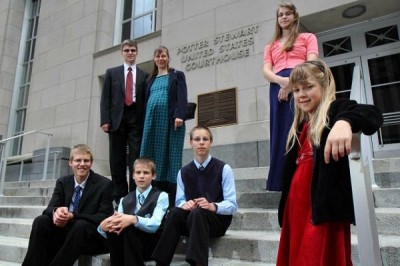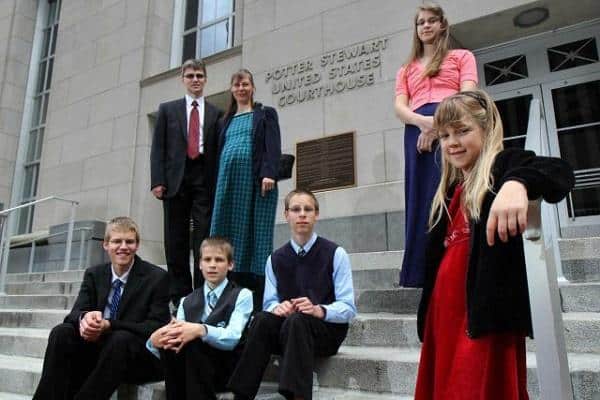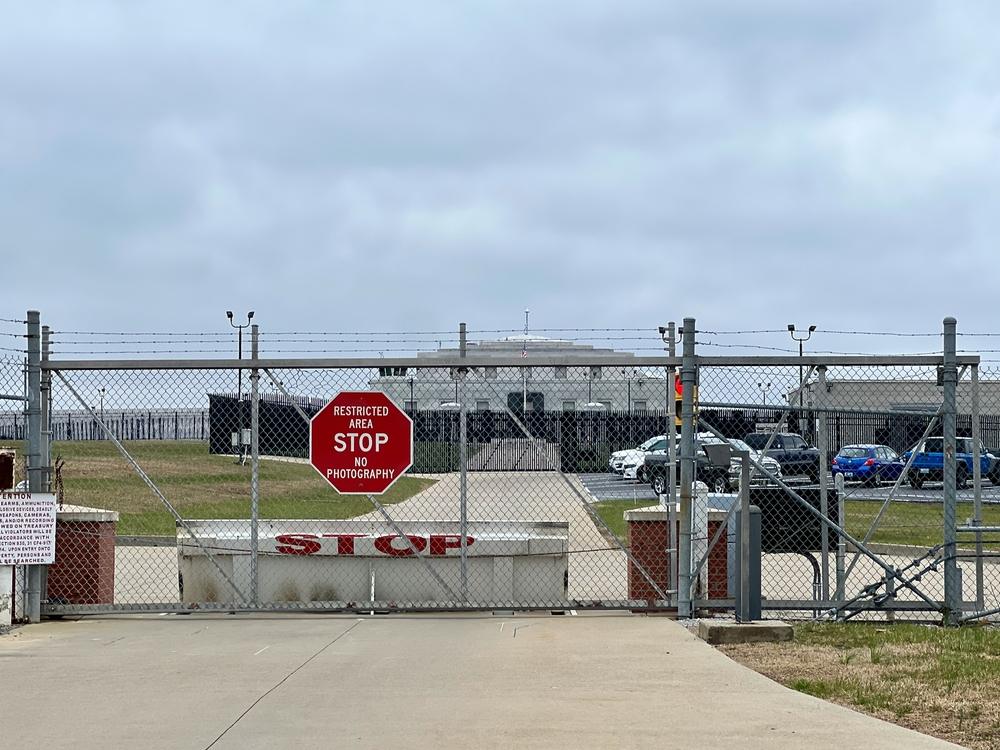 A homeschool family facing deportation to Germany – where homeschooling is illegal — has received a sliver of hope from the US Supreme Court.
A homeschool family facing deportation to Germany – where homeschooling is illegal — has received a sliver of hope from the US Supreme Court.
The high court has ordered Attorney General Eric Holder to issue a response to the Home School Legal Defense Association’s (HSLDA) petition filed on behalf of the Romeike family. As previously reported by Off The Grid News, Uwe and Hannelore Romeike sought asylum in America so they could educate their children as the evangelical Christian family saw fit. If they homeschool their family in Germany, they could be separated from their children and face jail time.
The immigration process was moving along smoothly for the Romeike family until the Obama administration became involved. After the Romeikes were granted asylum, the Justice Department sought to send the family back to Germany, and an appeals court ruled against the family. The Justice Department is arguing homeschooling is not a fundamental right. It also notes that not all Christians agree with the Romeikes.
In their homeland, it has been illegal to homeschool children since Adolf Hitler issued the mandate during World War II.
Uwe Romeike said:
We are extremely grateful for the work of HSLDA in support of our family. We hope that the Supreme Court will hear our appeal and that we may be able to stay here. America is a land of freedom and we cannot go back to Germany where our children will be taken from us just because we homeschool.
An immigration judge gave the Romeike family asylum on human rights grounds in 2010, but the Department of Justice appealed the ruling. The homeschooling family then embarked on a long and emotional battle which ultimately led to the US Supreme Court. In July, the US Sixth Circuit Court of Appeals ruled against the Romeike family’s request.
Home School Legal Defense Association Director James Mason views the Supreme Court’s order for a response from the Justice Department as a “hopeful sign.”
Mason said:
The government initially waived its right to respond, apparently thinking that Romeike v. Holder wasn’t worthy of the Court’s consideration. Clearly, someone in the Supreme Court disagrees. While the odds of the Court taking any case are very low, this has increased the chances—but it is impossible to predict whether the court will ultimately accept the case. Clearly, someone in the Supreme Court disagrees. While the odds of the court taking any case are very low, this has increased the chances—but it is impossible to predict whether the court will ultimately accept the case.
Romeike v. Holder gives the US Supreme Court the chance to address “important religious freedom and human rights issues,” according to Home School Legal Defense Association Chairman Michael Farris. The German family has been living in America since 2008. They fled their native country because they reportedly faced thousands of dollars in fines, among other punishments, simply because they chose to educate their children at home.
The HSLDA posted a petition on the White House We the People website in an attempt to get federal government officials to grant legal permanent legal status to the Romeike family.
Although the Obama administration declined to comment on the specifics of the homeschool deportation case, the following response was posted:
To the extent that these petitions request a particular law enforcement or adjudicatory action, or address a matter before the courts, we cannot issue a comment. But while we can’t comment on this particular issue, we know that homeschooling is a popular option for many parents pursuing high academic standards for their children. Homeschooling can provide young people with the resources and attention they need to succeed academically, and we understand why their parents value this freedom.
HSLDA Director for International Affairs Michael Donnelly feels that threats of legal action and a loss of custody for homeschooling parents in Germany represent a violation of international treaties. “Those treaties and fundamental international human rights standards recognize the role of parents in selecting the kind of education their children should receive,” Donnelly said.










